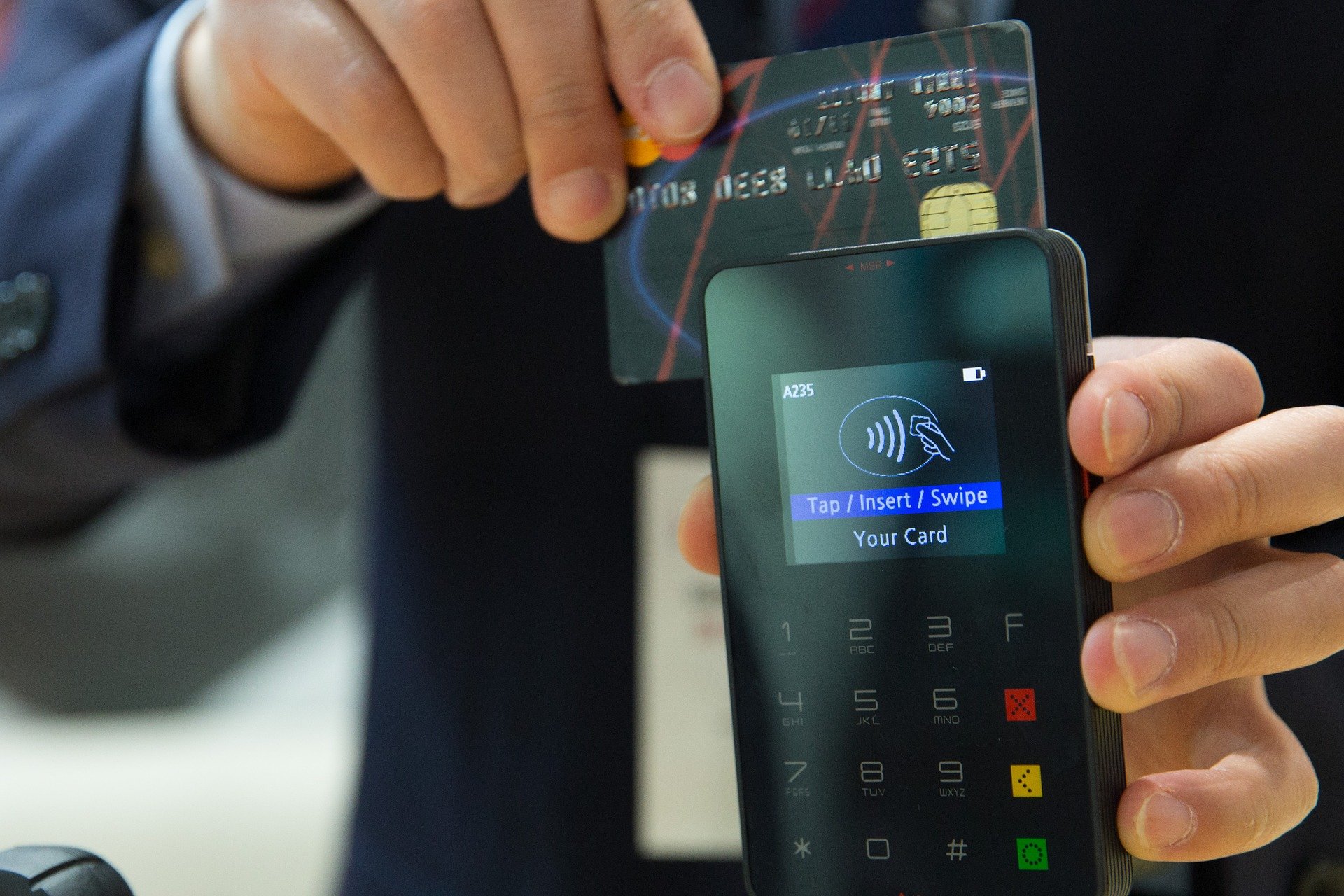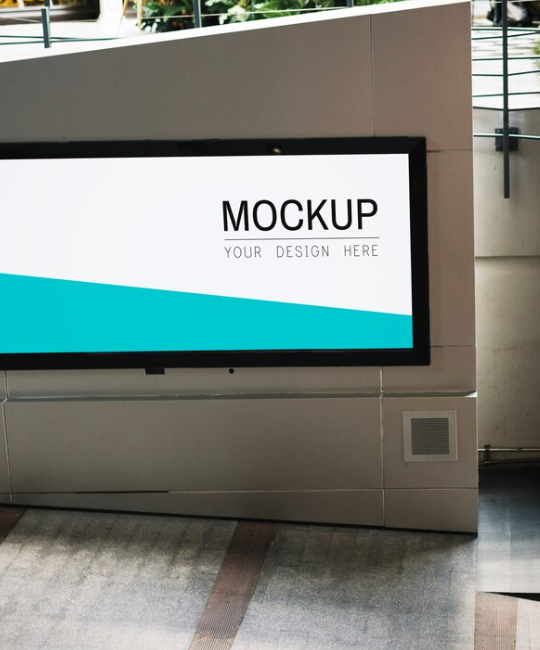A merchant account is the bread and butter of most businesses that work in the modern age. However, there are a dizzying variety of banks and services offering these facilities out there today. How should one choose? Let’s cover what a merchant account is and why someone would want offshore merchant account credit card processing.
Table of Contents
What is a Merchant Account?
A merchant account is a specific type of account for businesses that processes electronic payments. They are created by having a business partner with a merchant ‘acquiring bank’ that processes transactions on their behalf.
Merchant acquiring banks execute detailed merchant account agreements with their clients outlining all essential features of the relationship, including transaction costs, the processing network coverage, fee structures, and other amenities. The bank has tie-ups with various processors specializing in particular geographic areas, payment modes, or transaction types and serves as a liaison between the business and the processing company. When the business sends transaction data to the bank via a payment terminal, it decides which processor in its network would be most appropriate for the job and hands the job over to them. The processing company then contacts the customer and processes the payment details for the transaction before sending its approval back to the bank after authentication. The bank then concludes the transaction and initiates the transfer of funds, all in a matter of seconds. Often, both the bank and the processor will charge some floating and flat transaction fees. Additionally, the bank may charge a ‘membership fee’ monthly or annual basis to maintain the account.
What should a Merchant Agreement Contain?
Merchant agreements are complex contractual arrangements covering many facets of the relationship between the merchant and the merchant bank. As such, they are necessarily comprehensive and include a lot of information and stipulations regarding transactions. These include, but are not often limited to:
- Payment modes accepted by the bank;
- Cards accepted and processed if any;
- Policy on merchant-side surcharges;
- Data and information security policy;
- Provisions regarding illegal transactions;
- Tax and cess policy;
- Refund processing guidelines;
- Receipt format;
- Employee training policies;
- Fraud policy;
- Policy on tips and other extraneous payments;
- Transaction fees and additional charges;
- Contract duration;
- Procedure for winding up relations;
- Division of civil and criminal liability;
- Jurisdictional stipulations;
- Provisions for arbitration or similar dispute resolution.
These agreements are complex and exhaustive and should be combed through with the proper amount of care to avoid being taken aback by any clause at a later date.

7 Reasons to Open an Offshore Merchant Account
Hig-Risk Business
Many business ventures can be deemed high-risk by merchant banks. These include highly volatile, uncertain, or morally repugnant industries, as well as those sectors temporarily facing a spate of bad luck. Examples include adult movies or literature, gambling, online gaming, betting, firearms, other weapons, debt collection, or financial credit services. Your business may also be deemed high risk if you are a startup or a younger business or have a poor track record in your trade. In such a situation, merchant banks may be hesitant to execute an arrangement with you or may charge exorbitant fees for doing so. Thus, looking for banks with more liberal acceptance policies overseas may be an attractive option.
Better Information Security
Many countries have strict financial and data privacy legislation and higher acceptance thresholds for the complexity of encryption and other protective methods used in civilian applications. Some countries of this nature include Switzerland and Singapore. To ensure maximal protections for your transaction data, especially if you’re dealing in a sensitive business, an offshore processing account may be the best option.
Better Financial Security
Some countries may have more protective and conducive policies to handle untoward instances such as fraud, embezzlement, banking errors, or misappropriation. These friendlier jurisdictions can help better protect your business from any calamities that may befall it, making them attractive destinations to set up your backend.
Better Legal Security
Depending on the local laws, it may be hard for any legal proceedings to interfere with or stop the functioning of your merchant account. A disgruntled petitioner may easily have your merchant account seized, frozen, or attached, or at least cause difficulties in its operations. However, such interference can become exponentially more challenging when the processing setup is located in a different jurisdiction.
Diversification
No matter how good your bank is and how astute your lawyers are, there are always potential problems waiting behind the next corner. If, for any reason, a disaster strikes and renders your usual payment infrastructure unable to process your requests, having a backup located in a removed area increases the chances that you will be able to keep things flowing smoothly through the redundancy. In the meantime, those concerned can work on getting the original service back online.
Increased Network and Coverage
Using foreign merchant banks can significantly increase the number of potential processors available to you, enabling you to expand your reach with impunity. The expanded coverage can allow you to increase your redundancy and open up new markets in terms of geography, payment modes and gateways, and currencies.
Reduced Expenses
Exploring foreign options can allow you to optimize your cost structure by giving you a more comprehensive array of potential banks to shop for. Thus, you can pick and choose a package of amenities and tariffs that best suits your business style, allowing for the maximal reduction in operating expenses such as transaction fees and account charges, as well as turnaround times.
Conclusion
Thus, an offshore merchant account that can handle many kinds of high-risk transactions with optimized costs can give your business the push it needs to succeed. Even if you end up going with a domestic bank, it never hurts to consider your choices, and availing of the services of a merchant banking solutions provider can help.
These companies specialize in negotiating with banks and processors on your behalf, getting you the best rates, coverage, facilities, and security they possibly can. Since they work on commission, if you don’t get paid, neither do they. Therefore, you can trust them to pick only the best options. But as always, nothing beats self-research, so be sure to fact-check your agents whenever and wherever necessary.








